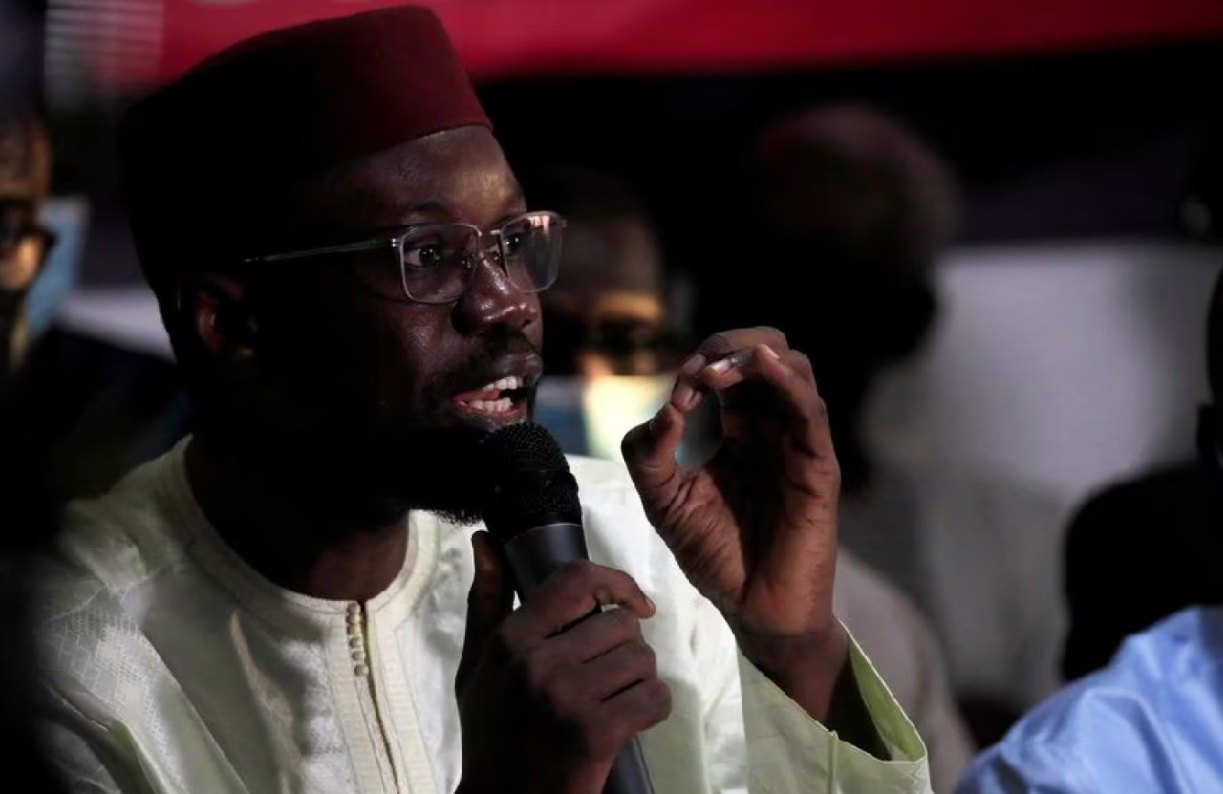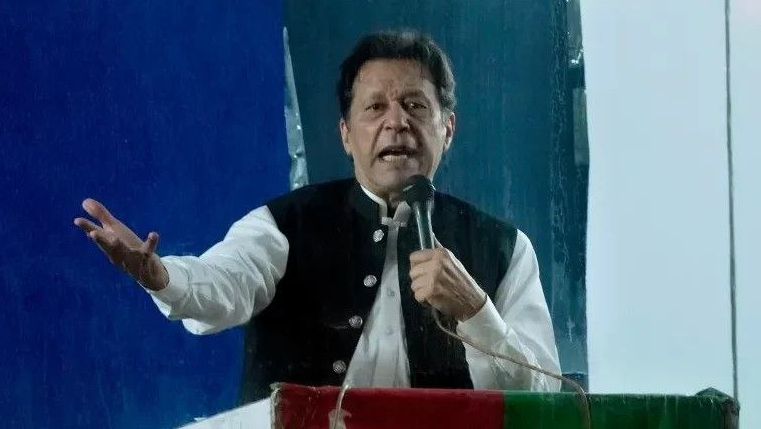
Presidential elections in Singapore.. Tharman is the likely successor to Halima Yaqoub
Since its secession from the Federation of Malaysia in 1965 until today, Singapore has known only 3 prime ministers, while 8 presidents have succeeded in...

Since its secession from the Federation of Malaysia in 1965 until today, Singapore has known only 3 prime ministers, while 8 presidents have succeeded in...

After Senegalese opposition figure Osman Sonko was sentenced to two years in prison for "corrupting the youth", the Senegalese capital, Dakar, and a number of...

Today, Friday, a court in Islamabad released former Pakistani Prime Minister Imran Khan, 70, after the Supreme Court overturned his arrest warrant, which caused riots...

Opinion polls show that the opposition bloc, which is called the Nation Alliance, leads the parliamentary race, by at least six points, from the Justice...

The Turkish opposition alliance announced today, Monday, that Kemal Kilicdaroglu, leader of the Republican People's Party, will be its joint candidate against President Recep Tayyip...

Muslim scholars and officials from 14 Muslims majority countries visited China to take a closer look at the situation in Xinjiang region, where a sizeable...